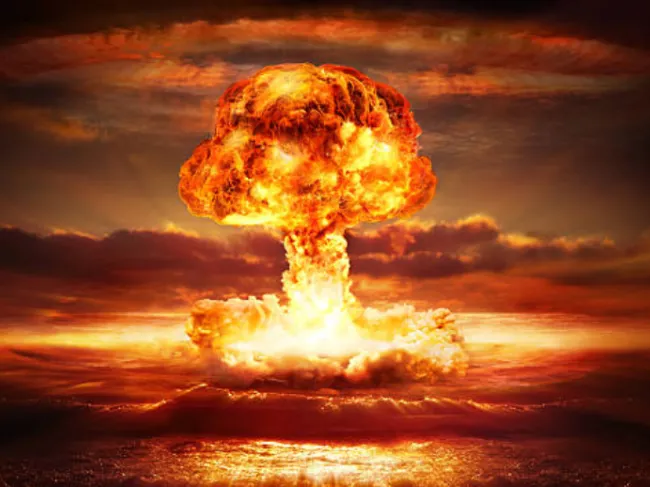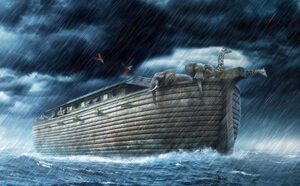
Introduction
Do you clearly remember a course called “History?” You might recall it well, but if not, let me remind you briefly. When I was in my first year of secondary school, I remember our teacher explaining that history is the study of people in past times, what characterized them, and how these events relate to the present and shape the future.
I believe that you, the reader of this story, might have studied the history of World War II or heard others narrate it. If you don’t remember, this masterpiece won’t delve deeply into the causes or detailed ending of the war but will focus on a small part of it from which we can draw spiritual lessons.
Did you know that the atomic bombs dropped on Hiroshima and Nagasaki resulted from a misunderstanding over the meaning of a single word, consisting of only nine letters?
Perhaps what I am about to write would be better if narrated by those who were present at the time, but I have relied on various sources, as you will see below, to provide information.
It was in the summer, on May 7, 1945, that German forces (Nazis) surrendered, admitting defeat. This surrender was brought about by the Allied Armies, who fought against Germany and its allies. However, Japan refused to surrender.
At that time, U.S. President Harry Truman, British Prime Minister Winston Churchill, Soviet Union leader Joseph Stalin, and Republic of China leader Chiang Kai-Shek met at the Potsdam Conference in Germany from July 17 to August 2, 1945, to discuss ways to end World War II. They demanded Japan surrender or face a punishment that would be unforgettable in their history.
Mokusatsu: “Give Us Time to Think About It”
After the Allied forces issued this demand, journalists rushed to the offices of Japanese Prime Minister Kantaro Suzuki and Foreign Minister Shigenori Tōgō. Their only mission was to ask, “What is your response to the Allied forces’ demand?” Suzuki Kantaro replied with a single word: “Mokusatsu.” This word can be interpreted as “silence” or “ignore.”
When the Allied forces heard the word “Mokusatsu,” their interpreter translated it as Suzuki saying, “We are ignoring it (ignore).” However, in reality, Suzuki himself and various historical linguistics experts explained that the word he intended to convey was: “We have no comment at this time, give us a moment to think.”
The Allied forces then sent their air force over Japan, and on August 6, 1945, they dropped a bomb on the city of Hiroshima, home to approximately 350,000 people. Only three days later, on August 9, 1945, they dropped another bomb on Nagasaki, a city with a population of around 200,000.
The devastation caused by the bombs dropped on Hiroshima and Nagasaki is unimaginable to anyone who didn’t live through it, except perhaps for survivors like Tsutomu Yamaguchi. He became widely known and authored a book titled Ika Sarate Yuru Inochi (The Life Revealed Below), and a documentary film titled Twice Survived: The Doubly Atomic Bombed of Hiroshima and Nagasaki was made about him.
As believers in Jesus, who we acknowledge as the Prince of Peace, what relevance does this war story hold on a platform dedicated to Christian writing, and what lessons does it teach us?
I will rely on the Scriptures to provide an answer: “He changes times and seasons; He deposes kings and raises up others. He gives wisdom to the wise and knowledge to the discerning” (Daniel 2:21). On the day God revealed King Nebuchadnezzar’s dream to Daniel, Daniel prayed, praising God and mentioning something that I believe we sometimes overlook: “He gives knowledge to the discerning.”
After reading different accounts of the word Mokusatsu, I reflected on it, and through those reflections, I gained insight. The lessons and what God intends for us will be discussed in the second part of this story.
Further Reading (References):
- William Craig’s The Fall of Japan, published by Dial, 1967.
- The World’s Most Tragic Translation, unsigned article in Quinto Lingo, January 1968, p. 64.
- Mokusatsu: One Word, Two Lessons.



1 thought on “Mokusatsu – Part One: “Give Us Time to Think About It,” the Word That Led to the Bombing of Hiroshima and Nagasaki”